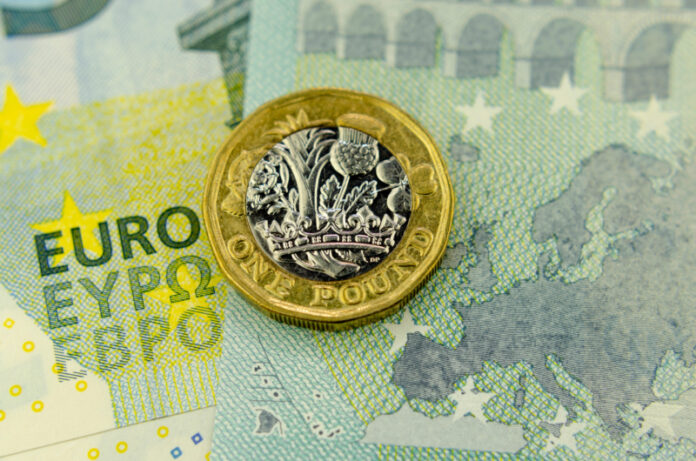
The pound has risen to its strongest level since December 2022 as investors expect the Bank of England to deliver more interest rate hikes over the coming months.
This means the best euro rate in nearly six months is now available to Brits heading to Europe over the summer.
The GBPEUR exchange rate reached 1.1590 on May 31 and a search for the best euro rate on the market at this point in time showed some international payment providers were offering rates at around 1.1540 with some holiday money firms offering rates as high as 1.1470.
“The pound enjoyed strong support, the currency drawing support from expectations the Bank of England will continue to raise interest rates in the coming months,” says Philip McHugh, an analyst at Currencies Direct.
The pound has risen steadily ever since the Bank of England (BOE) changed its tune about how it would approach interest rates: in 2022 the BOE was keen to stress it did not need to raise interest rates as far as markets were expecting.
This is because the BOE was concerned raising interest rates too far would cause a significant slowdown in the economy with predictions that 2023 would be a year dominated by recession.
But this all changed in 2023 when the BOE said it would continue to raise interest rates as long as the data warranted.
This gave the BOE some credibility in its fight against inflation and encouraged the value of bond yields to rise, which helped the pound.
Two important factors prompted the BOE to change its tune: 1) the economy was performing at a far better level than it had expected back in 2022.
Instead of recession, the economy has grown steadily and as of now, there remains little evidence that a major contraction is likely.
2) Inflation is far stronger than the Bank of England expected. Inflation has been at double-digit figures for nine months. But luckily this changed in April when inflation fell sharply to 8.7% in the year to April, down from 10.1% in March.
This figure is however well above the 8.3% reading the market was looking for and above the Bank of England’s forecast for 8.4%.
This means more interest rates are likely which in turn pushes up UK bond yields which in turn makes UK bonds more attractive to international investors.
These investors then invest capital in the UK, driving up the value of the pound.
The European Central Bank (ECB) is also expected to raise interest rates further, which can offer the euro some support.
This would therefore likely limit the GBPEUR exchange rate’s ascent from here.
The Eurozone has witnessed strong inflation levels, just like the UK, and its economy has defied expectations for recession as a result of Russia’s invasion of Ukraine.
In fact, gas prices in Europe have collapsed over recent months, meaning the ECB can afford to raise interest rates without fear of causing a major economic contraction.
Sponsored








